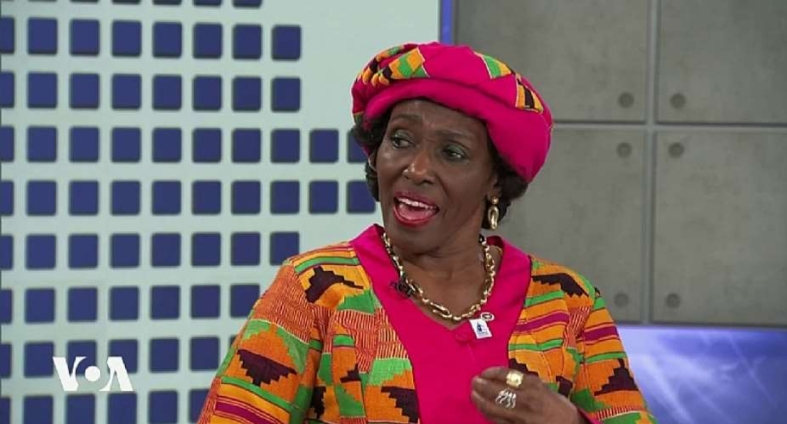Zambia's Political Storm: Ex-President Lungu's Burial Becomes National Battleground

The late former Zambian President Edgar Chagwa Lungu, who passed away on June 5, 2025, in South Africa while seeking medical attention, remains unburied four months later due to an escalating impasse between his family and the Zambian government. This contentious situation has sparked significant public debate and concern, particularly regarding the dignity of the former Head of State and the potential politicization of a national mourning period.
Central to the dispute is the family's condition for repatriating Mr. Lungu's body to Zambia for burial. According to family spokesperson Makebi Zulu, a lawyer and politician, the impasse could be resolved within 24 hours if President Hakainde Hichilema publicly declares he will not attend the funeral, instead allowing the Vice-President to represent the state. Mr. Zulu stated during an appearance on the EMV podcast that if this condition were met, the family would immediately initiate plans to bring the body back to Zambia. He emphasized the family's belief that the matter has not been politicized by them, but rather by the Zambian government, which initiated legal proceedings in South Africa to prevent the family from burying Mr. Lungu there. Mr. Zulu also alleged that the government had betrayed the family’s trust by breaching an initial agreement regarding repatriation, and expressed willingness to face arrest for upholding the family's wishes, calling for prayers for reason and respect for the widow and family to prevail over ego.
Conversely, critical voices, including that of Chilufya Kasonde, argue that the family's stance, particularly Mr. Zulu’s precondition, is inappropriate and divisive. They contend that the passing of a former Head of State transcends personal preferences and political differences, making it a matter of national significance that demands adherence to state protocol and respect for the office Mr. Lungu once held. President Hichilema’s attendance is framed not as a personal favor, but as a constitutional and ceremonial duty representing all Zambians. To demand his absence is seen as politicizing an event that should unite the nation in mourning and reflection, potentially holding the burial process hostage over political sentiments and delaying the much-needed closure for both the family and the nation. The government has reportedly extended its hand to ensure the late President is accorded full honors, including logistical, security, and ceremonial arrangements.
Legally, the dispute saw Attorney General Mulilo Kabesha file a lawsuit preventing the family from burying Mr. Lungu in South Africa. The court subsequently ruled that Mr. Lungu should be repatriated to Zambia for burial in line with established protocols at Embassy Park. The family is currently challenging this decision in court, while discussions outside court between the government and the Lungu family are also underway to reach a consensus.
Adding another layer of concern, an individual identifying as a son of the late President has voiced deep apprehension over the ongoing events. He questioned the nature of the agreement between Makebi Zulu and the family regarding his role as spokesperson, suggesting it might not be pro bono. He expressed alarm that the First Lady, being the sole person present at ECL's death, might be manipulated or held "hostage" by individuals around her, using her endorsement to further their own agendas, as she alone might know his true wishes. He passionately appealed to his mother, the former First Lady, not to allow some individuals surrounding her to exploit their father’s body for political mileage or to "sell" his party to the highest bidder, warning of factions already forming. He urged for a dignified burial in harmony and as soon as possible, condemning the use of the former President's legacy for political profiling.
The prolonged impasse underscores a critical need for unity, dialogue, and respect in Zambia. The burial of a former Head of State should serve as an occasion for national healing and collective dignity, where personal interests and political theatrics yield to mutual respect and a shared history, allowing the nation to properly honor its past leader and find peace.
You may also like...
The 1896 Adwa War: How Ethiopia Defied Colonialism
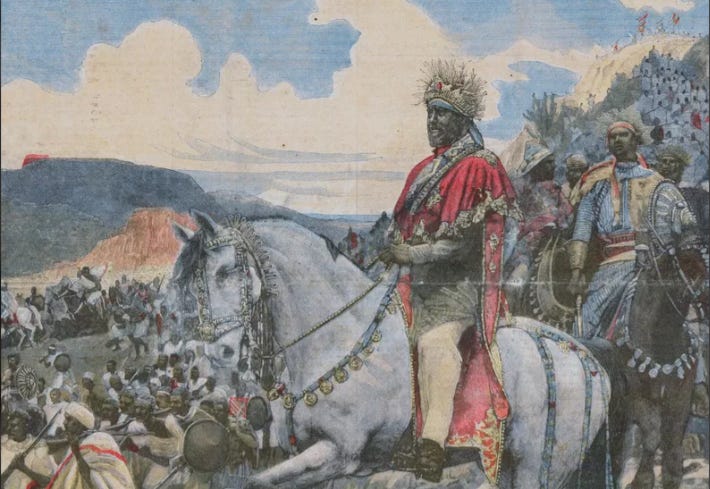
Ethiopia with the exception of Liberia which was used as a settler place for freed slaves remains the only African Count...
Why We Need Sleep: Inside the Brain’s Night Shift

Even when you’re asleep, your brain is quietly up to something, sorting, cleaning, and working behind the scenes.
When Nollywood Meets Netflix: The Creative Tug Between Local Storytelling and Global Algorithms
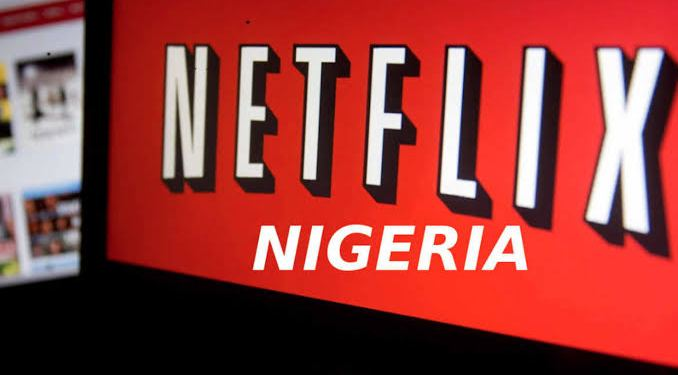
Nollywood’s partnership with Netflix is rewriting the script for African cinema, offering global reach but raising quest...
Mozambique's LNG Megaproject: A Promise or Peril?
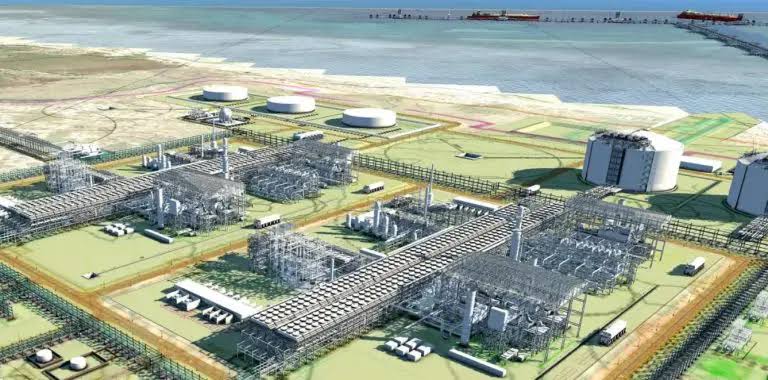
TotalEnergies is leading a consortium in Mozambique as it promises potential restructuring of the nation's energy se...
Aliko Dangote, Africa’s Wealth King: First African-Born Billionaire to Cross $30B
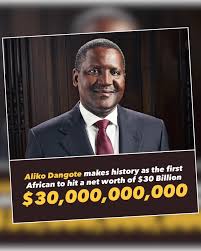
Aliko Dangote, the richest Black man in the world, has reached a new milestone, with a net worth of $30.3 billion, accor...
WAEC Conducts Trial Essay Test Ahead of Full Computer-Based WASSCE in 2026

The trial Computer-Based Test (CBT) for the WAEC essay was held on Thursday, October 23, 2025. The exercise was conducte...
Can Long- Distance Love really work?

Can love really survive when touch becomes a memory and connection lives behind a screen? For many, distance isn’t the ...
Nigeria’s Rental Crisis: House of Representatives Moves to Cap Rent Hikes at 20%
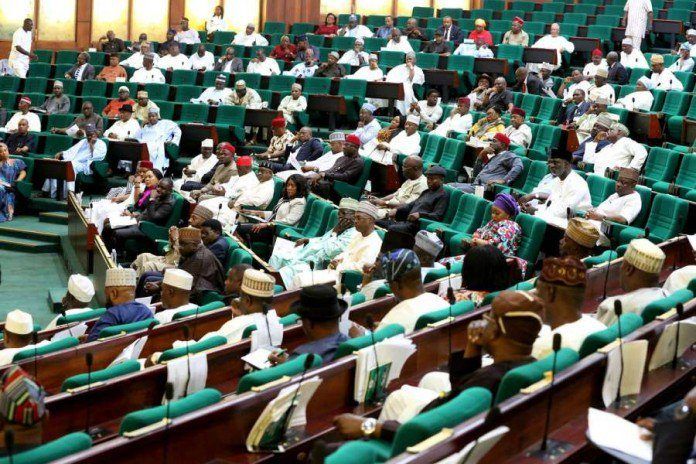
Nigeria's rental market has been under intense pressure, and now lawmakers are stepping in. The House of Rep. has called...


&format=jpeg)
